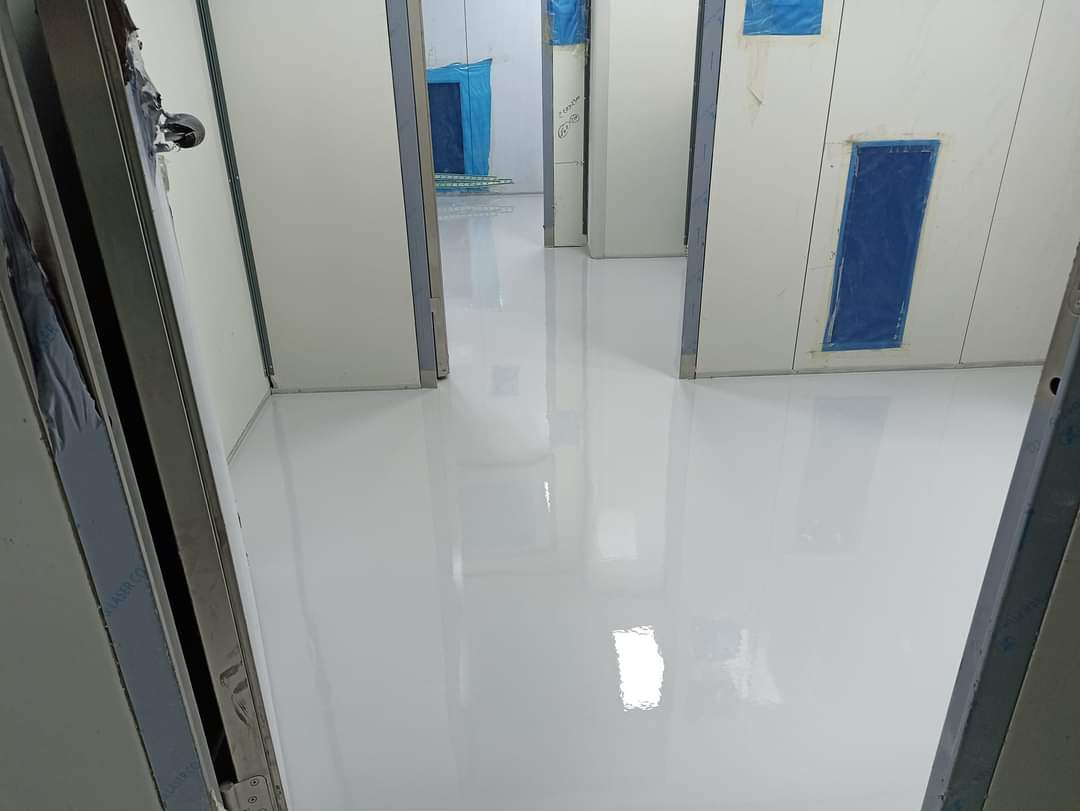Pharmaceutical Industrial Flooring

Pharmaceutical Industrial Flooring
Pharmaceutical industrial flooring refers to specialized flooring systems used in pharmaceutical manufacturing and processing facilities. These floors are designed to meet the stringent requirements of the pharmaceutical industry, ensuring a clean, safe, and compliant working environment. Here are some key points about pharmaceutical industrial flooring:
-
Hygienic and Sanitary: These floors must meet high hygienic and sanitary standards to maintain product quality and safety. They are resistant to microbial growth and are easy to clean and disinfect.
-
Chemical Resistance: Pharmaceutical manufacturing involves the use of various chemicals, so the flooring must resist corrosion and damage from chemicals and pharmaceutical products.
-
Antistatic Properties: Many pharmaceutical processes are sensitive to electrostatic discharge, so these floors often have antistatic properties to prevent static buildup that could damage sensitive equipment or products.
-
Smooth and Seamless: The floors are typically seamless and smooth to prevent the accumulation of dirt, dust, and bacteria in joints or cracks.
-
Compliance: They must meet regulatory and safety standards, including FDA and GMP (Good Manufacturing Practices) requirements, to ensure the safety and quality of pharmaceutical products.
-
Durability: Pharmaceutical industrial flooring is designed to withstand heavy foot traffic, equipment, and frequent cleaning without degrading over time.
-
Slip Resistance: To ensure worker safety, the flooring often has slip-resistant properties to prevent accidents in wet or potentially hazardous areas.
-
Resistant to Thermal Shock: Some pharmaceutical processes involve extreme temperature changes, so the flooring must be able to handle thermal shock without cracking or deteriorating.
-
Epoxy or Resin Systems: Epoxy and resin-based flooring systems are commonly used due to their ability to meet the requirements of cleanliness, chemical resistance, and durability.
-
Proper Installation: Proper installation is crucial to ensure the flooring meets all requirements. This often includes surface preparation and professional application by experts in pharmaceutical flooring.
Pharmaceutical industrial flooring is a critical component in maintaining the high standards of pharmaceutical manufacturing. It not only contributes to product quality but also ensures the safety of workers and the compliance of the facility with industry regulations.




